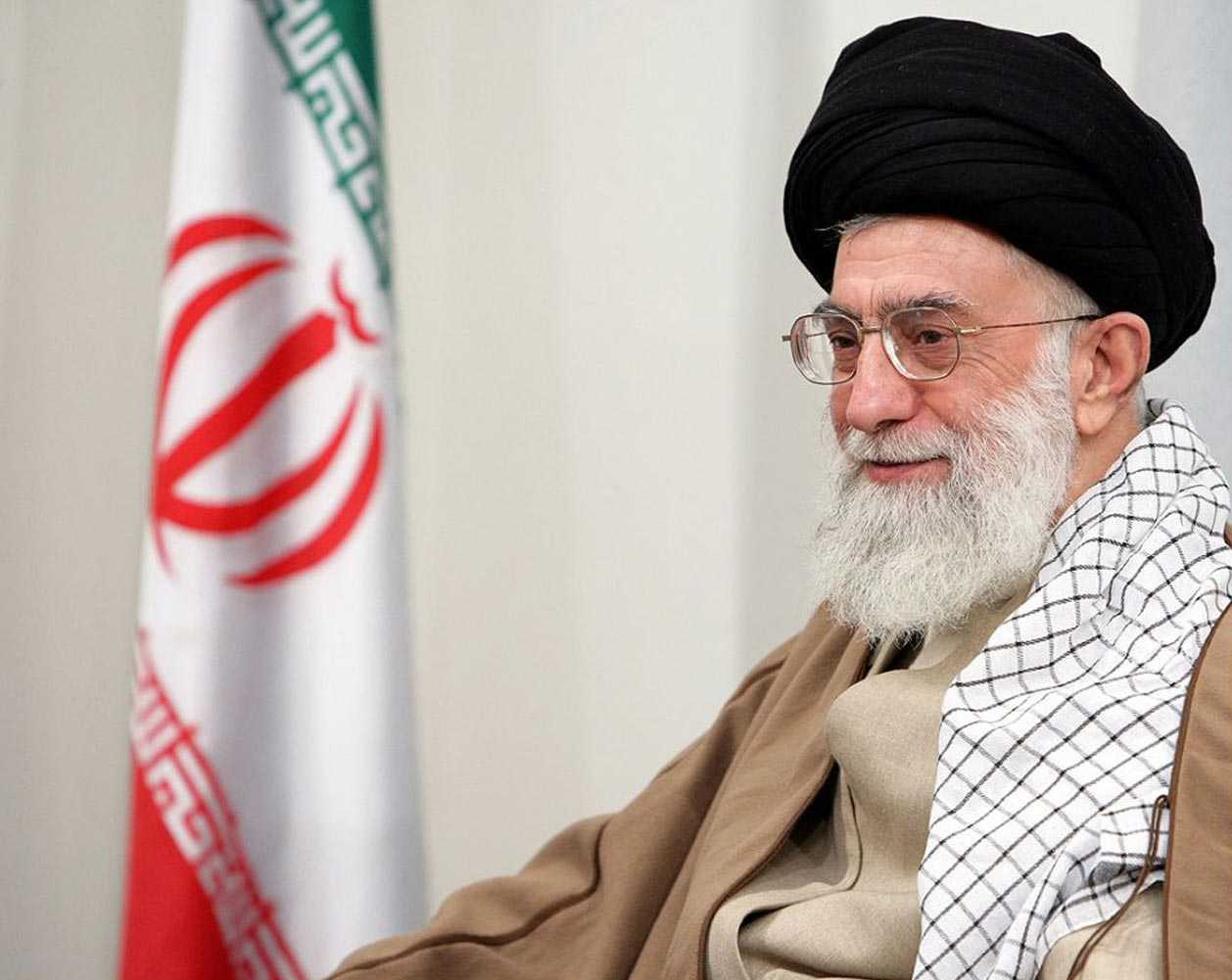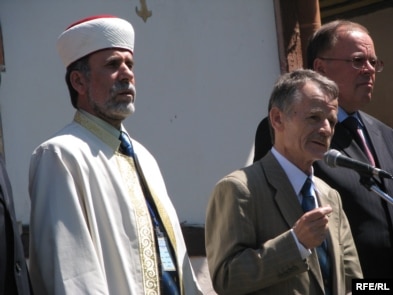Paul Goble
Vienna, January 19 – Twenty years ago this week, Mikhail Gorbachev sent troops into Azerbaijan to crush the popular front there, but what the Soviet president achieved by his actions was the further radicalization of Azerbaijan and the “Karabakhization” of Azerbaijani politics, a situation that continues to this day, according to a leading Moscow commentator.
In an article posted on the “Novaya politika” site yesterday, Sergey Markedonov says that the unwillingness of the Soviet government to force Armenia to return Karabakh to Azerbaijan and its dispatch of Soviet forces to Baku “became a transforming moment in the process of the national self-determination of Azerbaijan” (novopol.ru/text80474.html).
Both Moscow’s failure to defend the territorial integrity of the Azerbaijan SSR and the brutality of its forces in the Azerbaijani capital changed everything, Markedonov continues. Until then, Azerbaijan “had lacked a powerful dissident movement,” unlike Georgia or the Baltic states.
However, “the striving of the Kremlin to refrain from the adoption of a one-sided resolution of the ‘Karabakh question’ and the refusal of Moscow to fulfill its political contract to guarantee Azerbaijani territorial integrity pushed Baku onto the path of the search for national independence and sovereignty.”
And that drive, one based on a near universal popular consensus that Karabakh must be reintegrated into Azerbaijan, meant that nationalism rather than communism became the republic’s dominant ideology. Indeed, Markedonov says, it is possible to speak of “Karabakhization” as “the foundation” for Azerbaijan’s statehood.
In response to the Soviet invasion, 45,000 Azerbaijanis quit the ranks of the CPSU, and Heidar Aliyev, who had been forced from the Politburo, reemerged as a national leader by speaking to a meeting of Azerbaijanis and others at the permanent representation of his republic in Moscow,
For him and for all Azerbaijanis, Markedonov continues, “problem number one for independent Azerbaijan” was the question of the restoration of the territorial integrity of the country, because its military defeat by the Armenians had had such “a serious influence on the self-identification of Azerbaijanis.”
In the judgment of the Moscow analyst, “Heidar Aliyev’s return to Azerbaijani politics” allowed the country to overcome ethnic separatism at home from the Talysh, Lezgins, and Avars) and “also to minimize the threat [to predominantly Shiite Azerbaijan] from the side of radical Islam.”
After 1993, Markedonov says, “Baku easily dealt with both military risings and ‘rose revolutions,’ but “the main thing that Aliyev was able to achieve is an adequate assessment of the military and foreign policy resources of an independent Azerbaijan and on the basis of this assessment to form a sensible strategy.”
Aliyev recognized that using military force to resolve the problem was not a promising strategy and thus was willing to reach a ceasefire accord with Armenia, and he also understood, Markedonov says, that Baku needed to “overcome the unique diplomatic vacuum around the republic” by reaching out to all major powers and portraying Azerbaijan as “a civilized state.”
In recent years, many people have asked how long this “breathing space” and “concentration” can continue, Markedonov notes, but he argues that however emotionally powerful appeals to recover Karabakh may be, Azerbaijan would not profit from any use of military power anytime soon.
First of all, the Moscow specialist on the Caucasus says, “both Armenia and unrecognized Nagorno Karabakh are serious competitors,” something that dashes any hopes for “a blitzkrieg.” Second, the unsuccessful use of force could threaten the stability of political arrangements in Azerbaijan, as the case of Elchibey in the early 1990s shows.
And third, any military campaign “would create problems not only of a military but also of an informational-political character.” Overnight, such actions would “destroy the image of Azerbaijan, which has been carefully cultivated over the years, as a victim of ‘Armenian aggression.’”
Even if Baku were successful, it would not be forgiven, Markedonov argues, saying that Azerbaijanis should not see the Russian moves in Chechnya as a precedent. That is because, he continues, “what the world forgave Moscow for is something it would not forgive Baku.” Consequently, Azerbaijan’s only option, he concludes is to “wait and ‘concentrate.’”
But the passions ignited by the events of Black January and the centrality of the fate of Karabakh and the other occupied territories remain so great that it is perhaps no surprise that on this “round” anniversary, many Azerbaijanis are hoping against hope that the negotiations will lead to the recovery of their lands or seeking alternatives.
And one of the most interesting – and, following Markedonov’s argument, instructive — is the call by the Sheikh ul-Islam Pasha-Zade, the head of the Muslim Spiritual Directorate in Azerbaijan, for Gorbachev to be brought to trial in the Hague for his crimes against the Azerbaijani nation (www.interfax-religion.ru/islam/?act=news&div=33786).
That won’t happen, of course, but it is a reminder of the continuing sensitivity of the events of a generation ago in the Caucasus now, an impact that any who are seeking to address the problems there must not only acknowledge but also face up to, all the more now because these feelings have been allowed to fester so long.
http://windowoneurasia.blogspot.com/2010/01/window-on-eurasia-how-gorbachev.html






 Mustafa Dzhemilev (center) said he knows from diplomatic sources about FSB plans to have him killed.
Mustafa Dzhemilev (center) said he knows from diplomatic sources about FSB plans to have him killed.